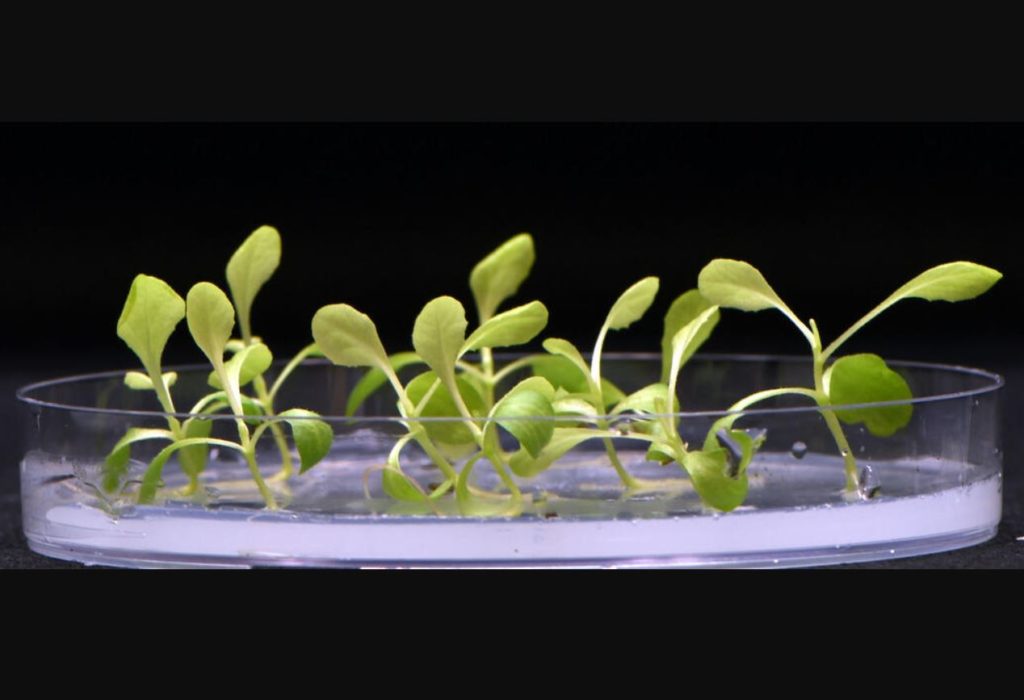
Scientists have found a way to bypass the need for biological photosynthesis altogether and create food independent of sunlight by using artificial photosynthesis. The technology,
published in Nature Food, uses a two-step electrocatalytic process to convert CO2, electricity, and water into acetate ( main component if vinegar). Food-producing organisms then consume acetate in the dark to grow. The hybrid organic-inorganic system could increase the conversion efficiency of sunlight into food, up to 18x more efficient for some foods.
Photosynthesis has evolved in plants for millions of years to turn water, carbon dioxide, and the energy from sunlight into pl...
Read More








Recent Comments